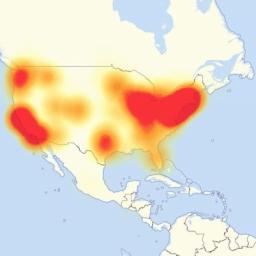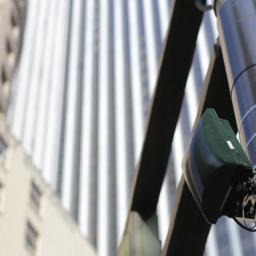Internet service stabilizes after waves of DDoS attacks
 At least two successive waves of online attacks blocked multiple major websites Friday, at times making it impossible for many users on the East Coast to access Twitter, Spotify, Netflix, Amazon, Tumblr, Reddit and other sites. The first attacks appear to have begun around 7:10 a.m. (ET) Friday, then resolved towards 9:30 a.m., but then a fresh wave began.
At least two successive waves of online attacks blocked multiple major websites Friday, at times making it impossible for many users on the East Coast to access Twitter, Spotify, Netflix, Amazon, Tumblr, Reddit and other sites. The first attacks appear to have begun around 7:10 a.m. (ET) Friday, then resolved towards 9:30 a.m., but then a fresh wave began. The cause was a large-scale distributed denial of service attack (DDoS) against Internet performance company Dyn that blocked user access to many popular sites. Amazon, whose web service AWS hosts many of the web's popular destinations including Netflix, also reported East Coast issues around the same time. Such DDoS attacks have a long history online but may be increasing in numbers and severity with the recent release of easy-to-use computer code to create them.
White House Press Secretary Josh Earnest said the Department of Homeland Security was "monitoring the situation" but that "at this point I don't have any information about who may be responsible for this malicious activity." Others worried the attack could be from a nation-state rather than simply a single individual seeking to wreak havoc.


